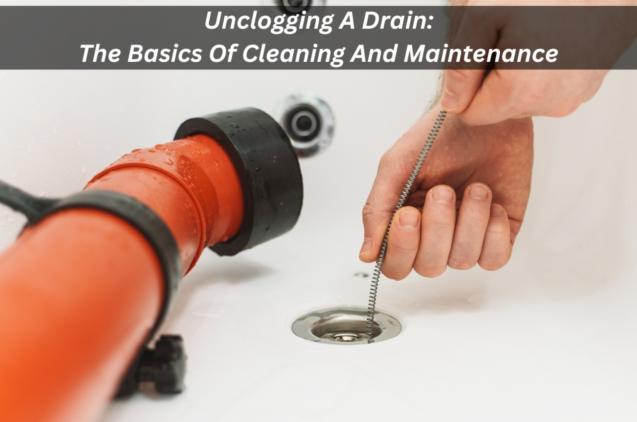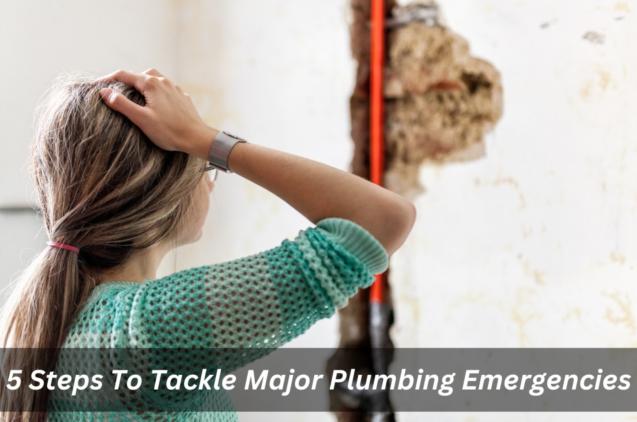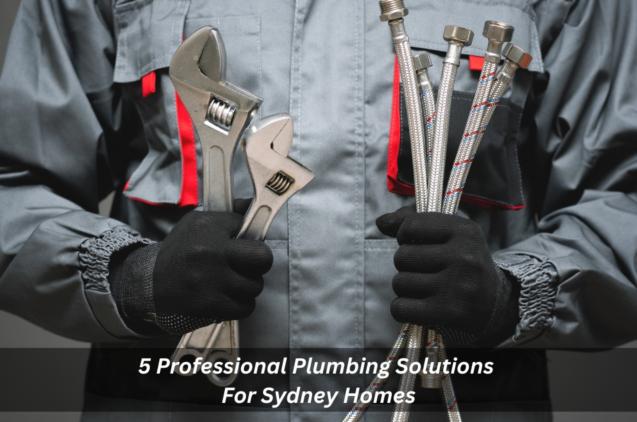
Don't Wait Until It Bursts: Preventative Plumbing
The usual suspects: plumbing problems you can prevent
We've all been there: the sink full of suds because of a clogged drain, the annoyance that comes along with listening to a never-ending drip-drip-drip and the somehow way colder shower just when you least expect it. All of these plumbing issues can be prevented with a tiny TLC.
- Clogged drains: the hairy culprit
- Leaky faucets: a drip, drip, drip in your wallet
- Water heater woes: keeping the hot water flowing
- Toilet troubles: banishing the bowl blues
Your preventative plumbing maintenance toolbox
And now that you know the usual culprits, let's get to the nitty-gritty of preventive plumbing maintenance. Here's a basic toolbox to keep your pipes happy:
- Regular drain cleaning: You should consider professional drain cleaning every 12-18 months since this greatly depends on how much punishment your drains take. Before you call in the professionals, give this remedy a try by either using a drain snake or a natural cleaning formula of baking soda and vinegar to clear minor clogs.
- Leak detection 101: A good knowledge of where to look for such leaks is imperative. Try to identify puddles of water under your pipes or fixtures, any peculiar stains on the walls and ceiling, or unusually high water bills. Be on the lookout for the presence of any hissing or dripping noise, too.
- Water heater wisdom: The current suggestions from most water heater manufacturers suggest calling in a licensed plumber for maintenance every year. For the time being, look for leaks or rust in the visual examination of your water heater. Also, inspect the pressure valve to ensure it's smoothly working.
- Toilet TLC: A skill to plunge a clogged toilet or a flushing technique to stop a running toilet can be a lifeline (and a financial rescue). You may also use the coaptation valve to check for any signs of wear and tear and verify the water level in the tank.
In some scenarios, some of the D-I-Y skills can be helpful, however, there are also situations where you should not try to do it yourself. Here's a breakdown:
DIY plumbing hacks you can tackle
- Clog crusaders: When slow drains are making you mad, plumbers and drain snakes with their expert help can save you. And more of these natural cleaning solutions like a mixture of baking soda and vinegar also can be used.
- Leak detectives: Try to detect the signs indicating even small leaks, like the presence of water stains near the pipes or the unusually high water bills.
- The cavalry arrives: It is better to engage the services of a licensed plumber rather than trying to tackle stubborn clogs or complicated plumbing problems on your own. They can fill this role quite well, as they have both the expertise and the tools to identify and put the problem under control promptly and professionally.
- Safety first: If you are not very confident about handling the issue of the plumbing by yourself, especially if it involves the electric or gas components, then it's better to entrust the job to a pro plumber. Their experience can be of great help in preventing accidents and to perform the job safely.
What is important to know is the fact that it is in prevention rather than in fixing plumbing that you keep your system healthy and happy. Managing these tips and being attentive to give a plumbing contractor a call when required ensures you free yourself from those pests that would disrupt your peace at home.



